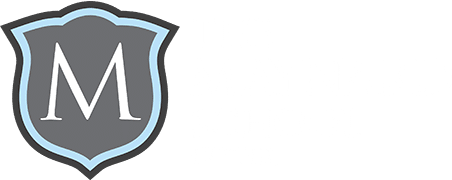English, with its combination of technical and creative elements, is a unique subject with no clear limits and, in our opinion, this is what makes it so special. Our students enjoy English because their own personal contribution really matters. We aspire to instil a lasting enthusiasm for language and literature and to ensure that this wonderful subject is enjoyable and memorable for all of our students, giving them the skills needed to speak confidently and fluently, and to write with accuracy and sophistication.
From Upper 3 – Upper 4 (Years 7 – 9), we follow our own syllabus. Our pupils are inspired by a rich diet of classic and modern literary, dramatic, non-fiction and media texts. We expect our students to be active while learning and so discussion, performance and collaboration are fundamental to our approach. For Upper 3 and Lower 4, weekly library lessons provide students with the opportunity to dip into a range of new texts, share their enthusiasms and spend time just reading a good book.
We offer an extensive programme of cultural activities that enhance the students’ response to literature and life on a wider scale. For instance, we maintain that Drama should be seen as well as read and so organise theatre trips when possible, as well as offering dramatic workshops with travelling companies. We encourage our students to participate in a range of opportunities to extend their writing, including local and national competitions. Authors visit at least once a year, running writing workshops to enthuse and inspire.
GCSE
At GCSE we follow the Cambridge International IGCSE syllabus for English Language and the AQA GCSE English Literature syllabus with the current Upper 5 (examined 2025). We are introducing the Edexcel IGCSE syllabus in Literature for students who will be examined in 2026. The two subjects are taught as an integrated course over the two years, although pupils are awarded a separate GCSE/IGCSE grade for each.
GCSE students are introduced to a wide array of texts and styles and will develop their analytical reading and writing, as well as having ample opportunity for creative composition. They will also engage in detailed study of set literary texts: a Shakespeare play, a novel, a play and a selection of poems. At the end of the two years, pupils sit three examinations, which test the skills of comprehension, transactional writing, descriptive writing, and literary analysis. In class, discussion is welcomed and encouraged.



